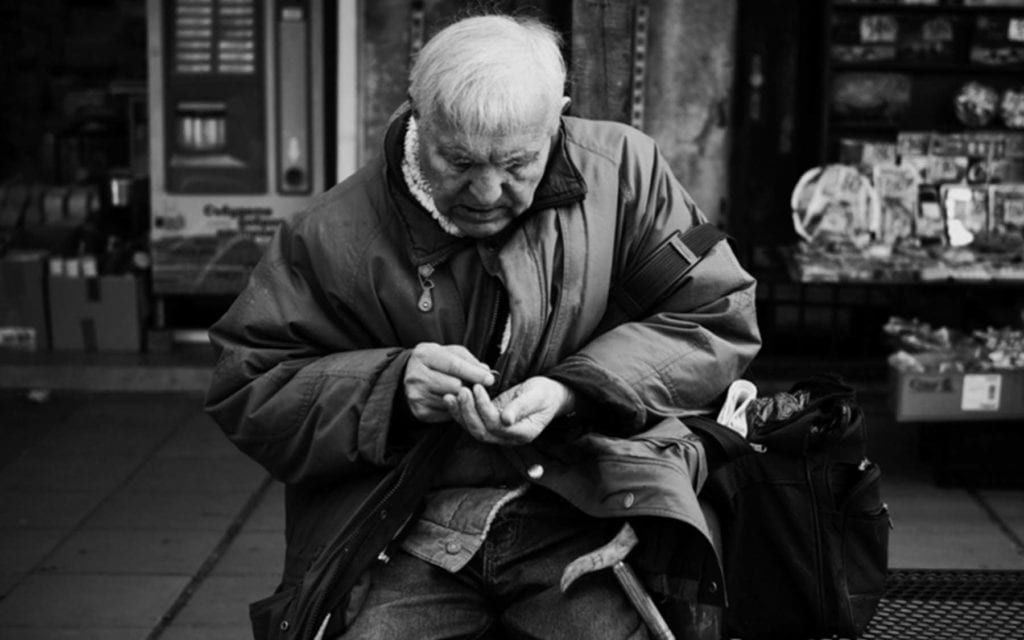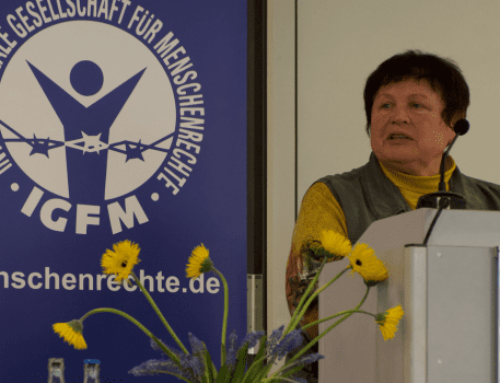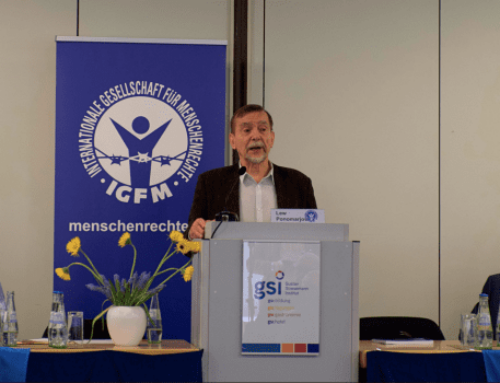Public policies are “short-sighted” in relation to vulnerable people, study
 In the Republic of Moldova there are significant inequalities between different social groups. Over the years, these inequalities have not diminished significantly. The main reason is that public policies are “short-sighted” in relation to vulnerable people. The opinion was expressed by Andrei Brighidin, director for development, monitoring and evaluation of the East Europe Foundation, as a conclusion to “Unequal Moldova” Study report, presented at a press conference at IPN.
In the Republic of Moldova there are significant inequalities between different social groups. Over the years, these inequalities have not diminished significantly. The main reason is that public policies are “short-sighted” in relation to vulnerable people. The opinion was expressed by Andrei Brighidin, director for development, monitoring and evaluation of the East Europe Foundation, as a conclusion to “Unequal Moldova” Study report, presented at a press conference at IPN.
According to Andrei Brighidin, since 2015, Moldova has made a commitment to ensure the implementation of sustainable development objectives. One of these objectives states that no one should lag behind in national and local development. “Unfortunately, after four years of 2030 Agenda implementation at international level, the Moldovan authorities have not yet proceeded with the implementation of Moldova 2030 “National Development Strategy”, he says. Andrei Brighidin believes that Moldovan policies are focusing too much on economic development and strengthening institutions, without taking into account the individual-centred approach.
Cristina Răilean, secretary of the Platform for Active Aging, mentions that in Moldova every fifth person is elderly. The study shows that the incomes of the elderly do not cover the subsistence minimum. Since the pension constitutes the main income source for the elderly, the Platform recommends that the Government and the Ministry of Health, Labour and Social Protection resume discussions on the pension system reform in order to ensure a decent living for the elderly.
According to the research, over 24% of people stated that they could not afford to buy medicine for 200 lei. The elderly have limited access to medical services even if they have medical insurance. More than 40% of them do not see a doctor even if they need to, the main reason being the lack of money, but also the difficulty of reaching a medical institution. One in two elderly women is subjected to violence. In most cases the aggressor is a family member. Cases are not reported because of the stigma and fear.
Roman Banari, deputy chairman of the National Youth Council of Moldova, says that young people are also facing inequalities. They participate less than the elderly in the decision-making process that affects their lives. One problem concerns the access to health services, only 60% of youths have health insurance policies. The reason would be the rise in unemployment among youths. The study also shows that young people work mostly in informal conditions. Also, 40% of the interviewed girls stated that they were subjected to domestic violence.
The report was drawn up within the framework of “Joint Equal Opportunity Initiative” project, implemented by the East Europe Foundation together with the Partnership for Development Centre, from resources provided by the Swiss Agency for Development and Cooperation (SDC).








Leave A Comment